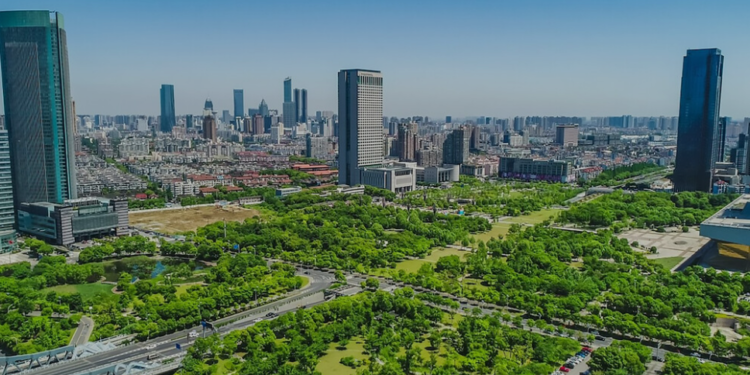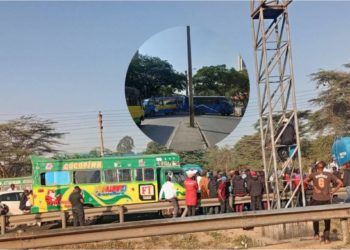As Nairobi continues to battle congestion, high living costs and strained infrastructure, satellite towns like Kitengela, Ngong and Ruiru have become attractive alternatives for middle-income Kenyans. On the surface, this urban decentralization appears to be a sign of progress, a natural response to an overcrowded capital. But beneath the promise of cheaper housing and quieter neighborhoods lies a deeper, more complex economic question: is Kenya’s urban sprawl sustainable?
Satellite towns are growing rapidly, often outpacing the infrastructure meant to support them. Roads remain largely underdeveloped, public transport is unreliable and basic utilities, from water to sewage systems are either stretched or missing entirely. Residents commute for hours daily, consuming fuel, productivity and quality of life. In the long run, this model may shift pressure away from Nairobi, but it’s simply transferring urban chaos to its peripheries.
Moreover, the real estate boom in these towns is creating a distorted market. Developers are racing to put up apartment blocks and gated communities, often without the regulatory oversight or long-term urban planning needed. In some cases, land is acquired without proper zoning or environmental assessments. This risks creating future slums, not through poverty, but through poor foresight.
Economically, the decentralization trend creates both opportunity and inequality. It allows private investors, especially in real estate and retail, to expand into new markets. But it also pushes lower-income families further from economic hubs, increasing their transport burden and reducing access to jobs, schools and healthcare. Decentralization without synchronized economic development leads to fragmented cities and disconnected citizens.
The solution is not to slow growth but to guide it. County governments must move faster to provide infrastructure, enforce zoning laws and align development with Kenya’s long-term urbanization goals. Policies should incentivize sustainable building, integrated transport systems and local job creation in satellite towns ensuring they grow as self-sufficient urban centers, not dormitory suburbs.
In the race to decongest Nairobi, Kenya must not simply stretch its capital outward. It must build new cities, smarter, greener and inclusive, that don’t just absorb population but improve lives.















